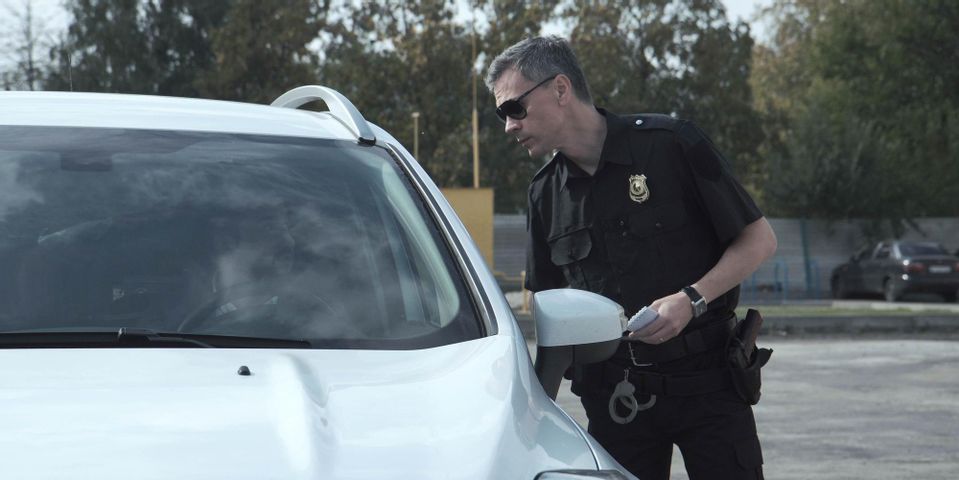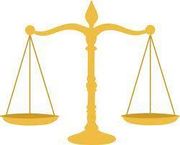
A drunk driving charge is a serious criminal offense that can result in everything from fines and license suspension to jail time. If you've been arrested for a DWI, it’s crucial to learn as much as possible about the charges you're up against. Below are answers to common questions DWI lawyers receive about drunk driving laws and procedures.
Answers to Common DWI Questions
How do police spot drunk drivers?
There are many signs that police officers look for when identifying potential drunk drivers. These include swerving over or straddling lane markers, making overly wide turns, stopping in a traffic lane for no apparent reason, a slowed response to traffic signals or other vehicles, and driving more than 10 miles per hour below the posted speed limit. But bear in mind that an officer can legally pull a driver over for any reason if they suspect the driver is intoxicated.
Can I refuse a breathalyzer?
 New York State has an implied consent law, which is another way of saying that when a motorist is given their license to drive, they are giving their consent to be chemically tested if ever suspected of drunk driving. However, you can still refuse a breathalyzer—but there are steep penalties for doing so. It will result in an automatic six-month license suspension, fines up to $500, and your refusal can be used against you in court. If you've refused a breathalyzer, be sure to consult a DWI lawyer.
New York State has an implied consent law, which is another way of saying that when a motorist is given their license to drive, they are giving their consent to be chemically tested if ever suspected of drunk driving. However, you can still refuse a breathalyzer—but there are steep penalties for doing so. It will result in an automatic six-month license suspension, fines up to $500, and your refusal can be used against you in court. If you've refused a breathalyzer, be sure to consult a DWI lawyer.
Are there different types of DWIs?
Yes. New York State has three different kinds of DWI charges. A DWAI (Driving While Ability Impaired) is a traffic, non-criminal offense and applies to drivers who have a blood alcohol content (BAC) of below .08%. A DWI (Driving While Intoxicated) is a criminal law infraction for drivers with a BAC of .08% or higher. An aggravated DWI is a standard DWI with aggravating factors, such as driving drunk while on a suspended license or with a child in the vehicle.
What should I do after being arrested for a DWI?
After an arrest, you have no obligation to provide anything other than your name and contact information. Simply tell the officer that you decline to answer any further questions until you contact a DWI lawyer. Don't panic, and don't resist arrest. Remember that anything you say or do can be used to build the prosecution's case. Consult your attorney for the next steps to take in your particular situation.
When you need proactive legal support in a drunk driving case, trust DWI lawyer Brandon Ozman of Ozman Law Offices. Serving the Orange County, NY, area, he and his team provide representation in DWIs, criminal defenses, family law cases, and accident and injury claims. They will protect your rights and fight for your interests at every step of the legal process. Call (845) 778-7777 to schedule a consultation or visit them online to browse their services.
About the Business
Have a question? Ask the experts!
Send your question

